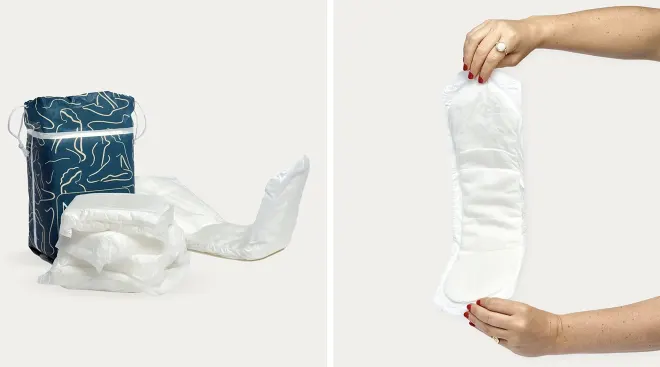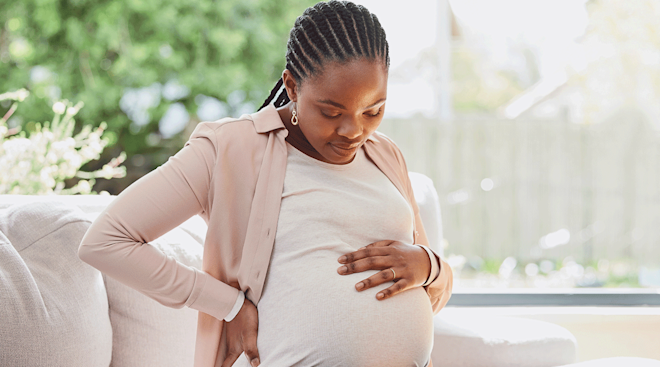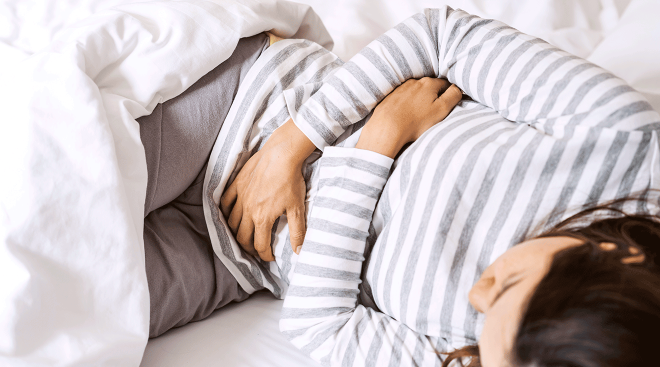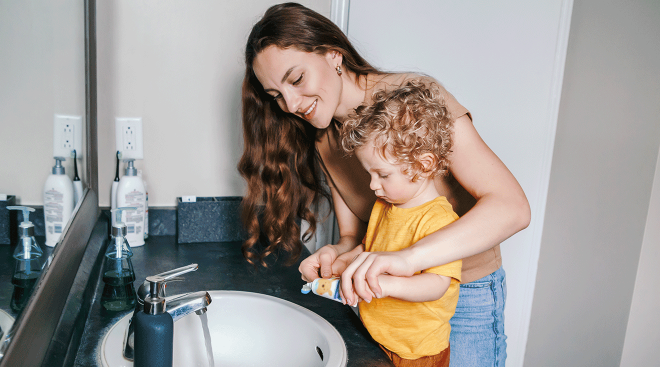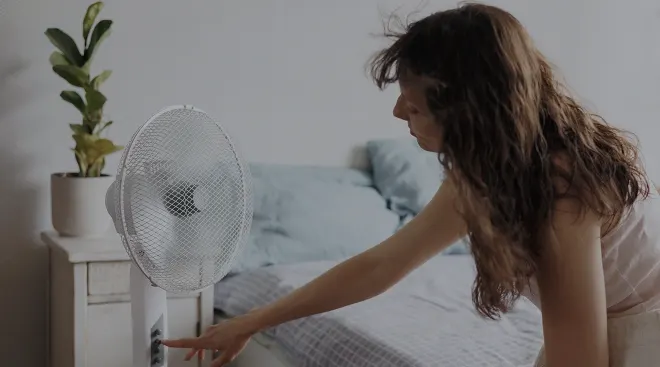"Mommy Brain" Won't Last Forever, Study Confirms
You know that feeling when you’re juggling a million things at once, and you worry that your brain might be on the fritz? While studies have shown that “mom brain,” or rather “parent brain” in general, is a real thing, and the good news is that it won’t last forever.
Valerie Tucker Miller, a Ph.D. student in Purdue University’s Department of Anthropology, set out to investigate the effects of motherhood on attention, memory, and other psychological processes. Previous studies often tested moms soon after giving birth, which might not be the best time to gauge cognitive abilities due to the hormonal rollercoaster and sleep deprivation that new moms face.
To get a more accurate picture, Miller and her team recruited 60 mothers who were at least one year past the postpartum phase, along with 70 women who had never been pregnant or had children. They all took a test called the Attention Network Test (ANT-R) to measure their reaction times and attention skills.
The results, published in the journal Current Psychology, brought good news for all moms out there. The study found that moms performed just as well as or even better than non-moms in the test. In fact, there was no significant difference in attention levels between the two groups.
Amanda Veile, an assistant professor of anthropology at Purdue and co-author of the study, suggested that mothers might actually have the upper hand on some things.
For instance, the study found that the average age of mothers in the study was higher than non-mothers. But despite this age difference, mothers still showed similar attention levels and even better executive control attention. This means that moms were less distracted by irrelevant information compared to non-moms—a superpower they likely acquired through the multitasking demands of parenthood.
Mothers might also have improved attentiveness. This heightened attention makes sense, considering all the multitasking and child-rearing that moms handle daily. The brain adapts to keep everything and everyone running smoothly.
While this study brings encouraging news for moms, it also reminds us to be mindful of the stigma associated with “mom brain” and all of the challenges today’s modern moms face. Stress, isolation, and lack of support can take a toll on mental well-being, even if cognitive abilities remain intact.
“We also believe that ‘mommy-brain’ may be a culture-bound phenomenon, and that mothers will feel the most distracted and forgetful when they feel stressed, overextended and unsupported. Unfortunately, many U.S. moms feel this way, especially now in the midst of economic and political instability and pandemic,” Veile noted in a press release.
In the future, the researchers plan to explore cross-cultural differences in motherhood and its impact on attention and well-being worldwide. But for now, parents can take comfort in knowing that their fuzzy brain and forgetfulness won’t last forever.
Navigate forward to interact with the calendar and select a date. Press the question mark key to get the keyboard shortcuts for changing dates.


































